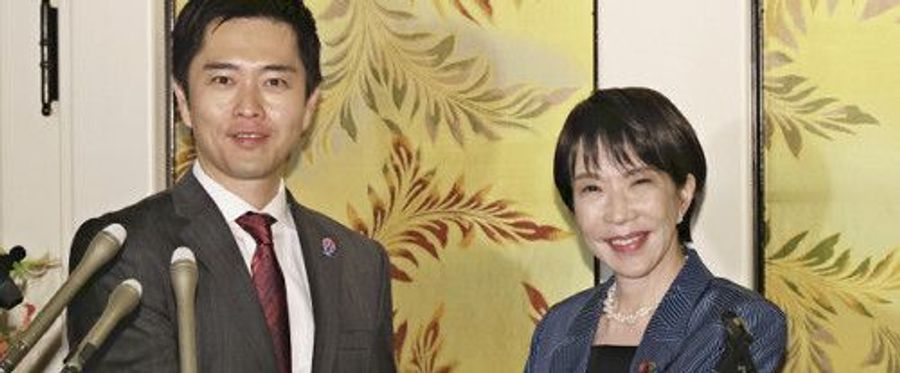Japan's Liberal Democratic Party and the Japan Restoration Party face inevitable difficulties in adjusting electoral districts. The two parties aim to collaborate on proposals for the revision of election zones and tweak distribution of seats. These negotiations, deemed crucial for both parties' future political gains, are expected to encounter major obstacles amidst competing interests and administrative complexities.
Japan's electoral district system is complex, impacting the distribution of political power. This system shapes the political landscape of the country and is a subject of intense negotiation and debate among political parties. Japanese society highly values consensus building and adjustments to electoral districts typically seek stability and fairness. Parties engaging in the process are closely watched by the population for signs of self-interest over community benefit.
Similar to the US or EU, district delimitation is a significant political issue in Japan. In the US, this is known as gerrymandering - the practice of manipulating electoral boundaries to favor a particular party - which is often controversial. In the EU, each member nation has its own electoral district considerations, bearing the complexities of various national and regional interests.

